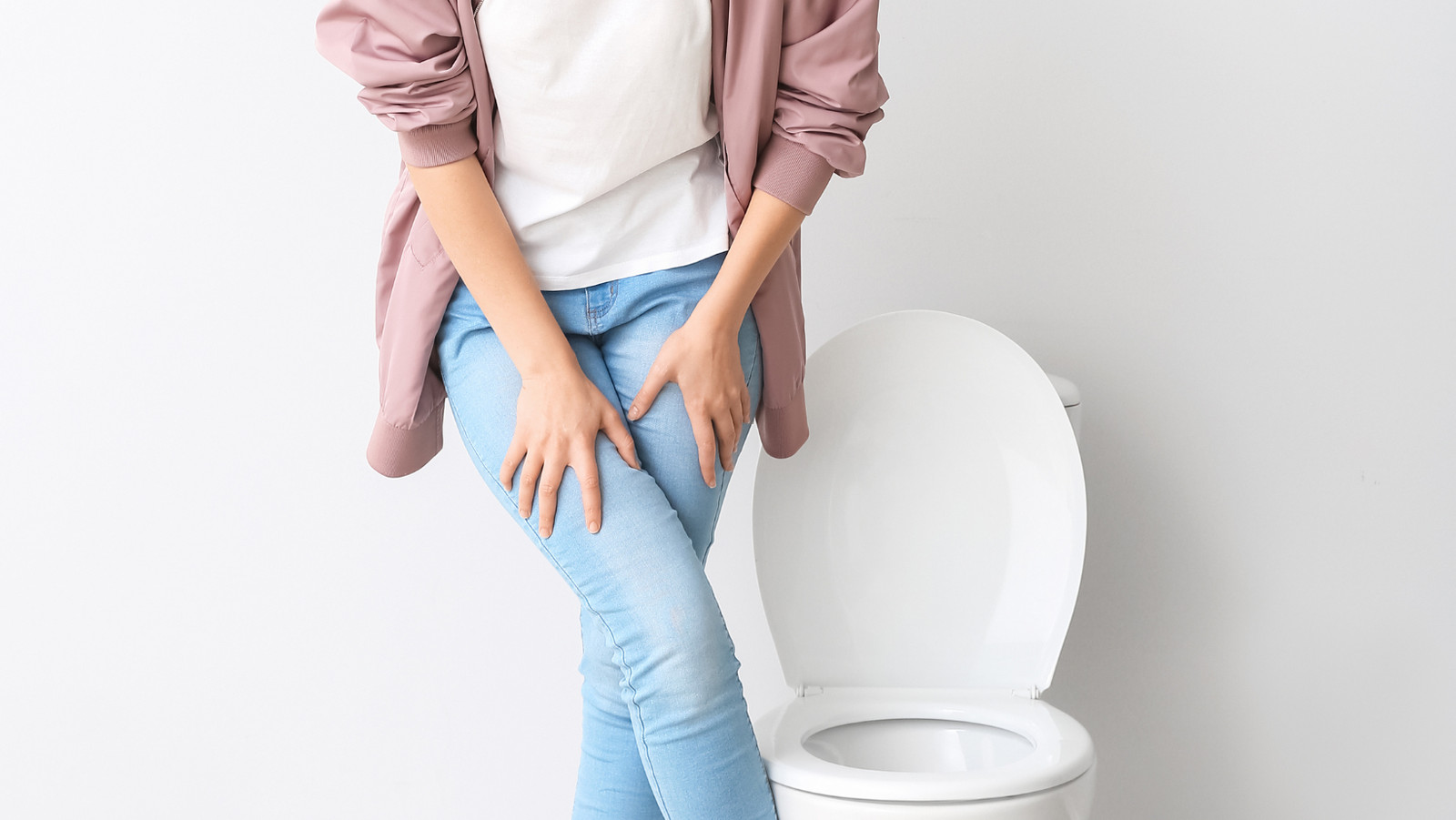Understanding Nocturia: The Impacts of Nighttime Urination
Waking up in the middle of the night to relieve oneself is a common experience for many. However, when this becomes a frequent occurrence, it may warrant further examination. This phenomenon, known as nocturia, can disrupt sleep patterns and impact daily activities. It’s essential to distinguish between normal nighttime urination and when it becomes a concern, as this can help in deciding when to seek medical advice.

What is Nocturia?
Nocturia is defined as the need to wake up more than once during the night to urinate. While it is common for people to occasionally wake up to use the restroom, especially after consuming a large volume of fluids or certain substances like alcohol and caffeine, it becomes problematic when it significantly affects sleep quality. Most healthy adults can go through the night without needing to urinate. However, as people age, their bodies undergo several changes that can lead to increased nocturnal urination.

The Aging Factor
As individuals grow older, several physiological changes occur. One significant change is the body’s decreased production of antidiuretic hormone (ADH), which helps regulate fluid retention. Additionally, bladder capacity may diminish, making it more challenging for older adults to hold urine overnight. As a result, those over 60 often experience nocturia more frequently than younger individuals. While waking once a night to urinate may be considered normal in this age group, waking up twice or more can indicate a deeper issue.

When is Nocturia a Concern?
Frequent nighttime urination becomes a concern when it disrupts sleep on a regular basis or leads to daytime fatigue. Symptoms that may suggest an underlying health problem include:
- Unexplained frequent awakenings: Regularly waking up at night without any clear reason, such as excessive fluid intake.
- Urgent need to urinate: Experiencing a strong or painful urge to use the restroom during the night.
- Daytime fatigue: Feelings of tiredness or poor concentration during the day attributed to disrupted sleep.
- Nocturnal polyuria: Producing an excessive amount of urine at night.
- Increased frequency of urination: Not just at night, but also during the day.
Possible Causes of Nocturia
Numerous factors can contribute to the development of nocturia, and understanding these factors is crucial for addressing the issue effectively. Some of the most common causes include:
- Overactive Bladder (OAB): A condition wherein the bladder muscles contract excessively, leading to frequent urges to urinate.
- Urinary Tract Infections (UTIs): These infections can cause discomfort, burning sensations, and increased urgency to urinate.
- Diabetes: Elevated blood sugar levels can result in increased urine output, even during the night.
- Congestive Heart Failure: This condition can lead to fluid accumulation in the body, which may get reabsorbed into the bloodstream while lying down, causing increased urination at night.
- Sleep Disorders: Conditions such as insomnia or sleep apnea may result in heightened awareness of bodily functions, including the need to urinate.
- Medications: Certain drugs, particularly diuretics, can increase urine production, especially if taken close to bedtime. These can include medications used to treat high blood pressure or edema.
Managing Nocturia: Lifestyle Adjustments
If you’re experiencing nocturia, several lifestyle changes may alleviate your symptoms. Consider the following strategies:
- Limit Fluid Intake: Reducing fluid consumption 2-4 hours before sleep can significantly decrease nighttime urination. Pay attention not only to water but also to other beverages that may contribute to fluid intake, such as herbal teas or juices.
- Avoid Caffeine and Alcohol: Both substances can irritate the bladder and should be avoided in the evening. Caffeine, in particular, is a diuretic that can exacerbate nocturia.
- Elevate Legs During the Day: If you experience swelling in your legs, elevating them during the day can help redistribute fluid and decrease nighttime urges. This can be especially beneficial for those who spend long periods sitting or standing.
- Wear Compression Socks: These can assist in reducing fluid retention in the lower extremities. Compression therapy helps promote better circulation and can be an effective strategy for some individuals.
- Ensure Bladder is Empty: Before going to bed, make sure to fully empty your bladder. Consider urinating once more just before sleep to lessen the likelihood of needing to wake up during the night.
When to Seek Medical Advice
If you find yourself waking up frequently during the night to urinate, or if the experience becomes uncomfortable, it’s essential to consult a healthcare professional. A doctor may recommend maintaining a bladder diary to track your fluid intake, urine output, and the frequency of your nighttime awakenings. This comprehensive record can provide valuable insight for diagnosing potential underlying conditions such as diabetes, infections, or bladder dysfunction.
Conclusion: The Importance of Awareness
In conclusion, while waking up once during the night to urinate is generally considered benign, consistent disruptions in sleep due to nocturia should not be overlooked. By understanding what constitutes normal behavior for your specific age and lifestyle, and by seeking medical guidance when necessary, you can take proactive steps to safeguard your sleep health and overall well-being. Addressing nocturia can lead to significant improvements in sleep quality, daytime performance, and overall quality of life. It is important to prioritize both sleep health and well-being, taking into account the nuances of nocturia that vary from person to person. Awareness and proactive management can pave the way for a better night’s sleep and a more energetic day.

















